Here you’ll find some potentially useful juices to help lower cholesterol, how their ingredients work, and more.
These recipes don’t replace meals, but complement them.
Where do we start?
Juices to lower cholesterol: Recipes / Preparations
You can drink a different one every morning to provide a variety of nutrients to your body. After a few weeks you may notice the difference.
To take advantage of the fiber available in food, you shouldn’t filter anything. Although, depending on the power of your blender, you may need to use a strainer. In that case, you can eat the bagasse (dried pulp residue) with a salad.
To keep in mind: it’s important to wash food thoroughly before processing to remove possible dirt and germs.
Let’s begin with the recipes!
Juices to lower cholesterol: Properties / Benefits of the ingredients
Most of the ingredients are high in fiber and / or antioxidants such as vitamin C.
With the above in mind, here’re a few notes:
- There’s scientific evidence that various antioxidants (such as carotenoids, vitamin C, vitamin E, flavonoids and phenolic acids) may reduce the oxidative damage of low-density lipoproteins (LDL), commonly called “bad cholesterol”.
- According to 13 studies conducted between 1970 and 2007, a supplementation of at least 500 mg per day of vitamin C for a minimum of 4 weeks could significantly lower LDL cholesterol levels. Mayo Clinic experts recommend that adults consume between 65 mg and 90 mg of this vitamin per day, trying not to exceed 2,000 mg per day.
- There’s plenty of evidence that fiber may help reduce bad cholesterol levels. The U.S. Food and Drug Administration recommends consuming 28 g of fiber per day. This is based on a 2,000 calorie per day diet, so the number may vary depending on caloric needs.
Considering this, below are some specific properties and / or benefits of each ingredient.
Note: nutritional data are from the United States Department of Agriculture.
Acidic fruits
- Orange: In a study published in 2013, it was observed that long-term consumers (for 1 year or more) of orange juice had lower levels of LDL cholesterol than non-consumers. This effect could be related to vitamin C and certain compounds, called citrus flavonoids, found in this food. Regarding its nutritional content, a 154 g orange has 3.7 g of fiber (15% of the recommended daily intake) and 81.9 mg of vitamin C (100% of the recommended daily intake).
- Strawberries: This food has been shown to reduce oxidative damage to LDL cholesterol. A cup of strawberries (150 g) contains 3 g of fiber (12% of the recommended daily intake) and 88 mg of vitamin C, which provides 100% of the recommended daily intake.
- Tangerine juice: Is rich in vitamin C, among other nutrients.
- Lemon juice: Just 3 tablespoons of this drink contain 18.6 mg of vitamin C, which is about 29% of the minimum recommended daily intake of this nutrient for adults.
- Pineapple: According to studies, it may help reduce bad cholesterol and lose weight. A cup of pineapple has 2.31 g of fiber (9% of the recommended daily intake) and about 80 mg of vitamin C (100% of the recommended daily intake).
- Grapefruit juice: According to human and animal studies, this juice may help increase “good cholesterol” (HDL) and reduce “bad cholesterol” (LDL).
Other fruits
- Apple: It has some compounds, called polyphenols, which may help reduce LDL cholesterol. Also, a medium apple has 4.8 g of fiber. That’s 19% of the recommended daily intake of this nutrient.
- Banana: The daily consumption of this fruit may be beneficial to hypercholesterolemic patients. As for its nutritional content, a 126 g banana contains 3.28 g of fiber, 13% of the recommended daily intake.
- Papaya: According to some studies, it may help lower cholesterol and reduce the risk of cardiovascular diseases. A cup of this fruit has almost 3 g of fiber (12% of the recommended daily intake) and 100 mg of vitamin C (more than 100% of the recommended daily intake).
- Cucumber: It has a compound, called pectin, which has been shown to reduce cholesterol in animals. It also has other nutrients, such as potassium, which may help you supplement a healthy diet.
Vegetables
- Celery: The extract of this vegetable showed a reduction of LDL cholesterol in rodents. As for its nutritional information, a cup of celery has almost 2 g of fiber and 4 mg of vitamin C, among other nutrients.
- Spinach: According to a study published in 2014, the antioxidant activity of spinach could help ameliorate oxidative stress generated by a diet with high cholesterol. Regarding its nutritional content, 25 g of spinach contains 0.55 g of fiber and 7 mg of vitamin C, among other nutrients.
- Kale: A study was conducted in which participants drank kale juice every day for 12 weeks, resulting in an increase in HDL (good) cholesterol by 27% and a decrease in LDL (bad) cholesterol by 10%. Regarding its nutritional content, a cup with 25 g of kale contains 1 g of fiber and 23 mg of vitamin C, among other substances.
- Nopal: According to some studies, it could also help reduce cholesterol. A cup of it includes almost 2 g of fiber and 8 mg of vitamin C.
Herbs and spices
- Cilantro / Coriander: In a study conducted with rodents, this herb showed the capacity to reduce cholesterol in these animals.
- Parsley: This plant has a carotenoid antioxidant called lutein, which may help against bad cholesterol (LDL), among other problems.
- Turmeric: Some studies showed a reduction of LDL cholesterol in patients with cardiovascular risk who consumed this food. Just 1 tablespoon (9.4 g) of turmeric contains 2.13 g of fiber, 8.5% of the recommended daily intake.
- Cinnamon: The consumption of cinnamon extract for 2 months has been shown to reduce cholesterol in people with elevated serum glucose levels. Also, cinnamon has 53% of its weight in fiber.
- Ginger: It showed positive results against cholesterol in humans.
- Maca: It has reduced cholesterol, among other benefits, in a rodent study.
Other plants and vegetables
- Beet: A study was conducted in which it was shown that concentrated beetroot juice reduced bad cholesterol (LDL) in patients with uncontrolled hypertension. This vegetable contains almost 3 g of fiber per 100 g.
- Carrot: A study was conducted with rodents in which, after giving them carrots for 3 weeks, a significant decrease in liver cholesterol was observed. A 60 g carrot has about 1.68 g of fiber.
- Tomato: According to a study, it may increase good cholesterol (HDL) in overweight women. Also, in another study, a diet with tomato juice has reduced bad cholesterol (LDL) in adults.
- Bell pepper: Research has shown that it may reduce bad cholesterol (LDL) and increase the good one (HDL). A 120 g bell pepper has 2.52 g of fiber (10% of the recommended daily intake) and 153 mg of vitamin C (more than 100% of the recommended daily intake), among other nutrients.
Seeds and cereals
- Chia seeds: According to studies, they could reduce bad cholesterol (LDL) and increase the good one (HDL). One tablespoon (9 g) of these seeds contains 2.46 g of fiber. That’s almost 10% of the recommended daily fiber intake.
- Flaxseeds: It has shown positive results when it comes to lowering cholesterol. A single tablespoon provides 2.46 g of fiber, just like chia.
- Oat: According to a study published in 2017, this cereal may reduce cholesterol in people. Also, only 10 g of oats contain 1 g of fiber, among other nutrients.
More tips to keep in mind
Juices are just one piece of the puzzle to reduce bad cholesterol (LDL) and / or increase good cholesterol (HDL).
Here’re some tips to consider:
- Exercise: According to some studies, moderate physical activity may raise HDL, and intense exercise can also lower LDL.
- If you’re overweight, lose weight: Research conducted with 401 overweight and obese adults showed that weight loss may reduce LDL cholesterol, among other benefits.
- Quitting smoking: According to studies conducted in the Asia-Pacific region, smokers tend to have higher levels of total cholesterol and lower HDL (good) cholesterol than non-smokers. The good news is that many health problems could be solved by quitting smoking.
- Supplements and medications: There’re several remedies to treat cholesterol. We recommend consulting your doctor for the best option for your body.
- Diet: We recommend that you visit a nutritionist to follow an appropriate diet plan for your body.
Final notes
In case of allergy symptoms or malaise after consuming any of the drinks or foods in this article, we recommend that you stop doing so and visit your doctor. Our opinions aren’t a substitute for those of a qualified health professional.
You can subscribe here to receive updates.


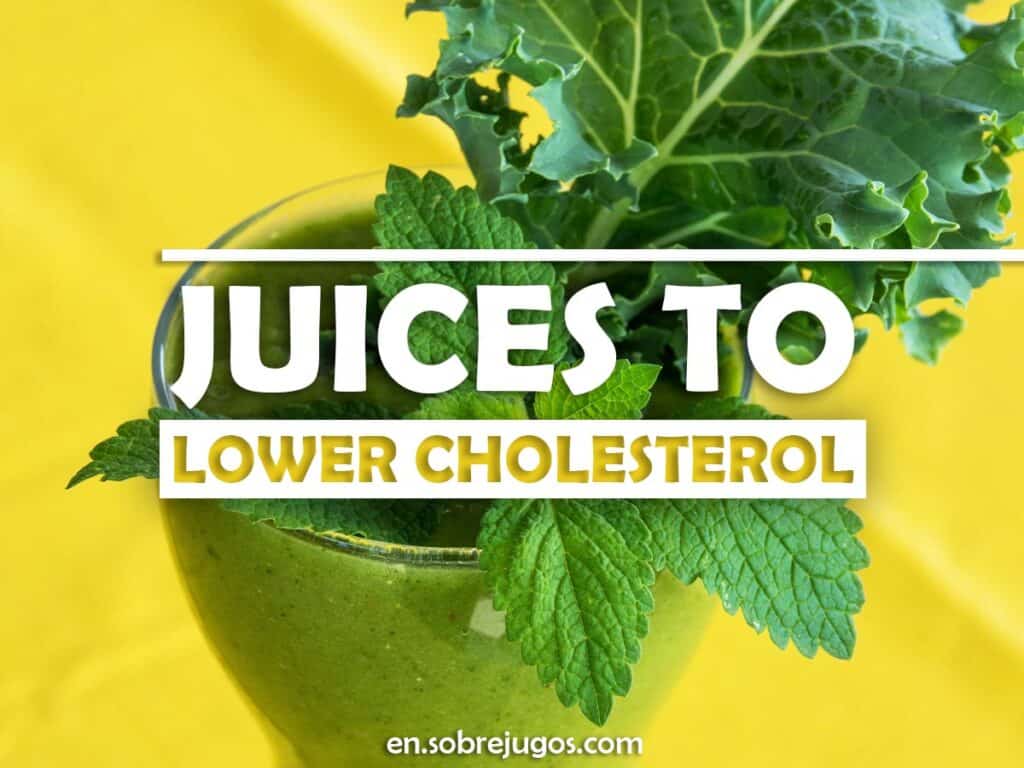
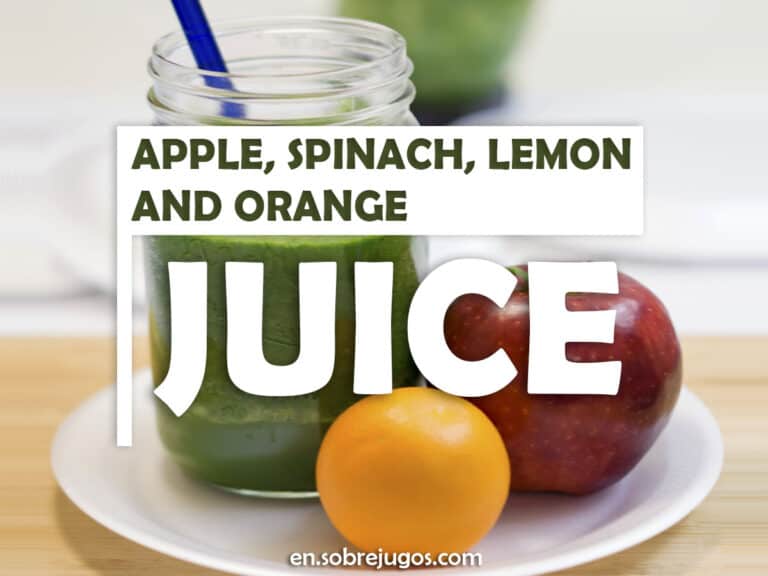
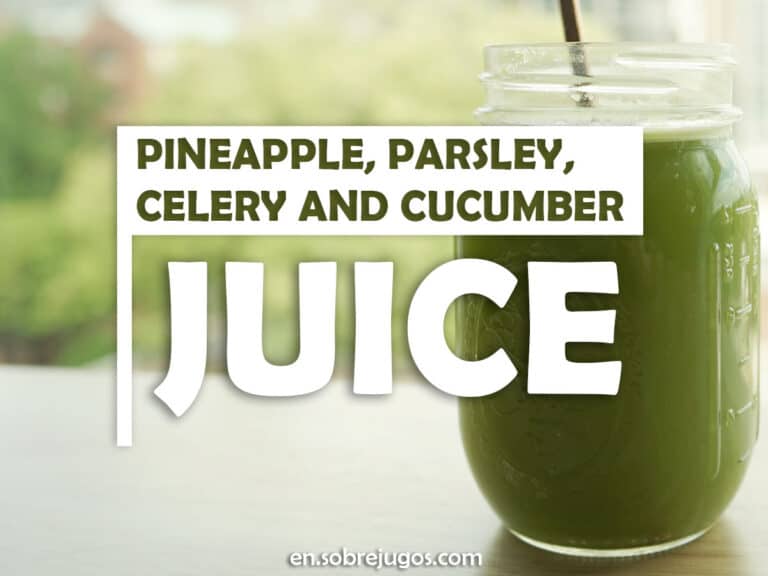
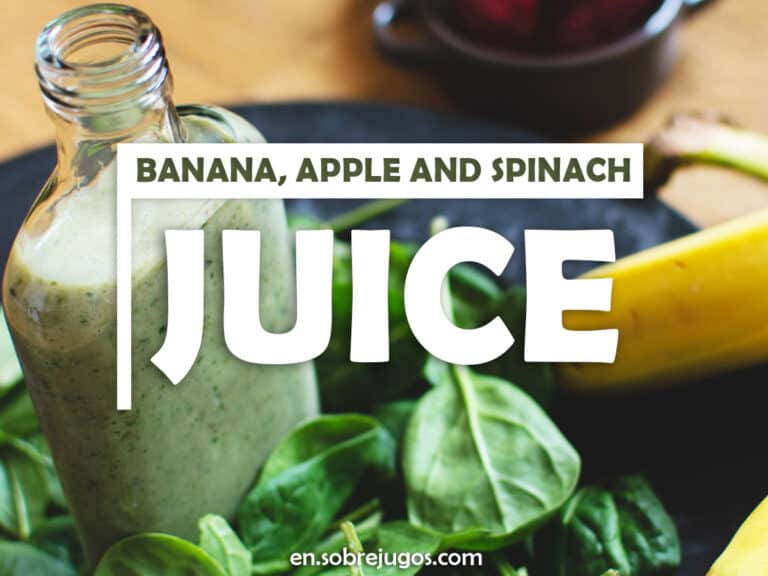
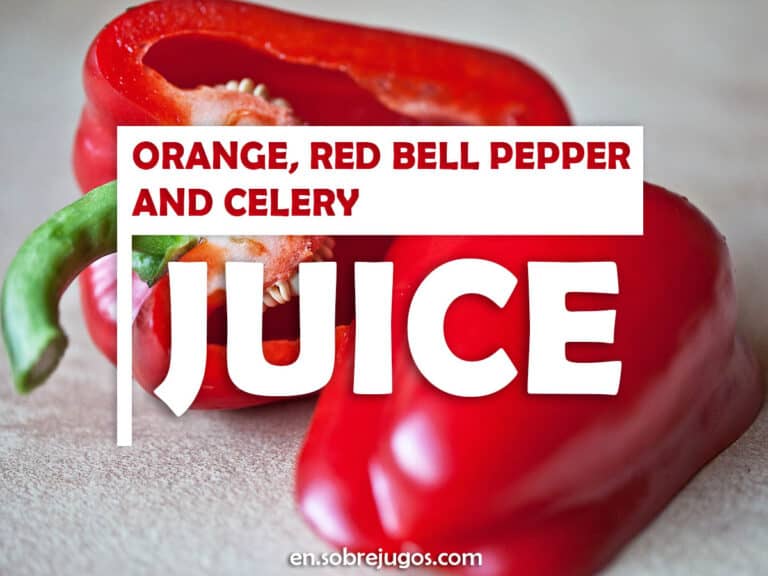
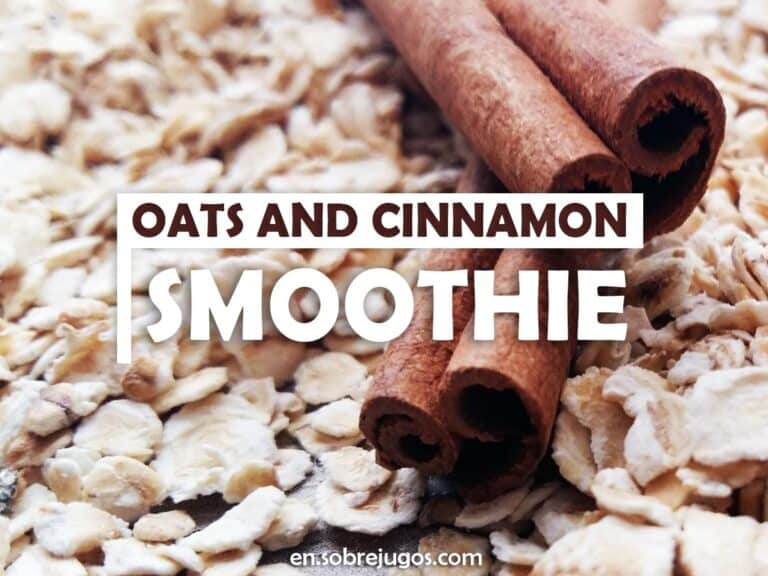
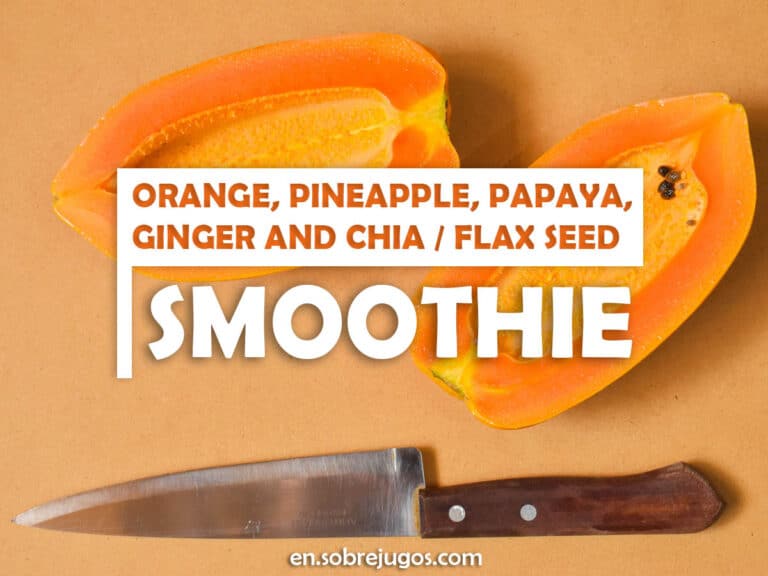
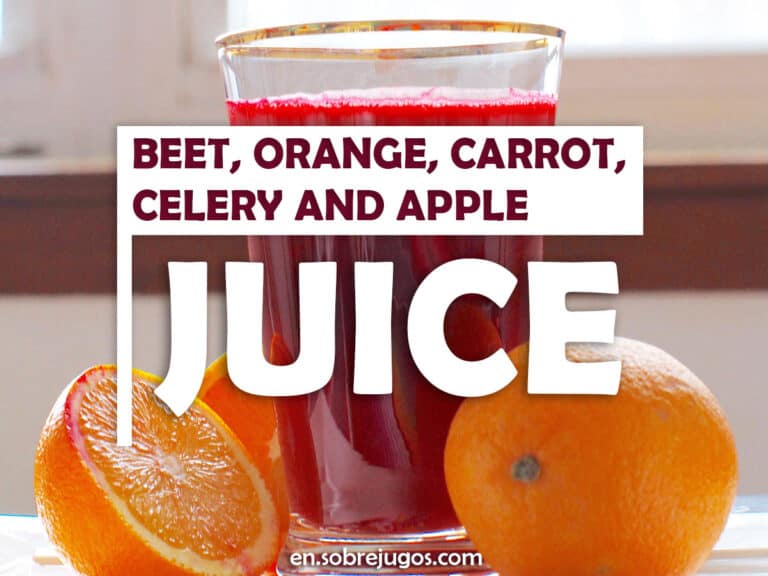
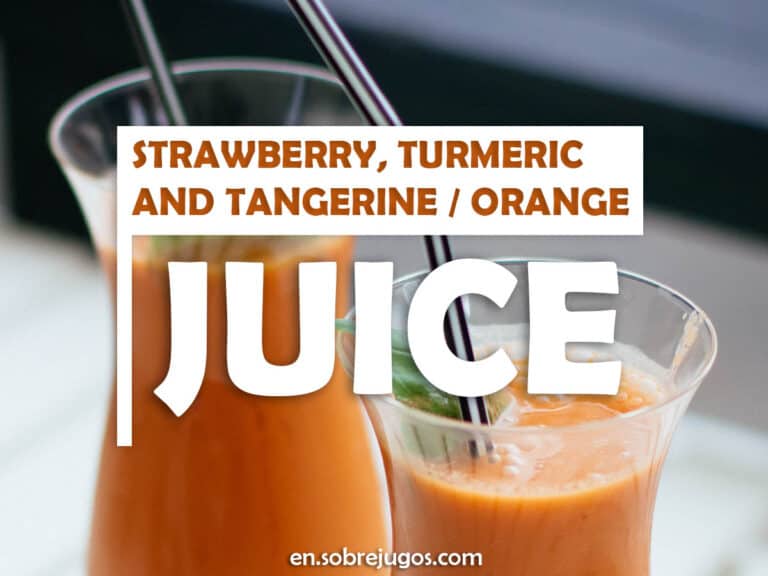
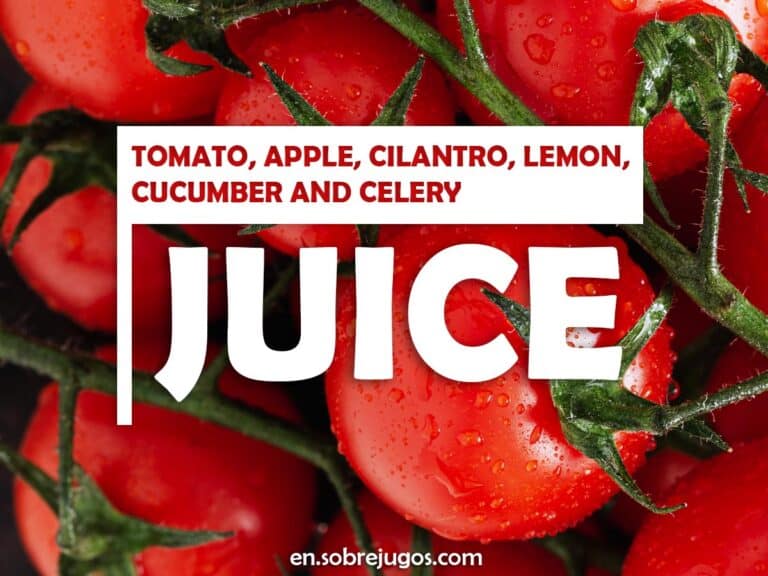
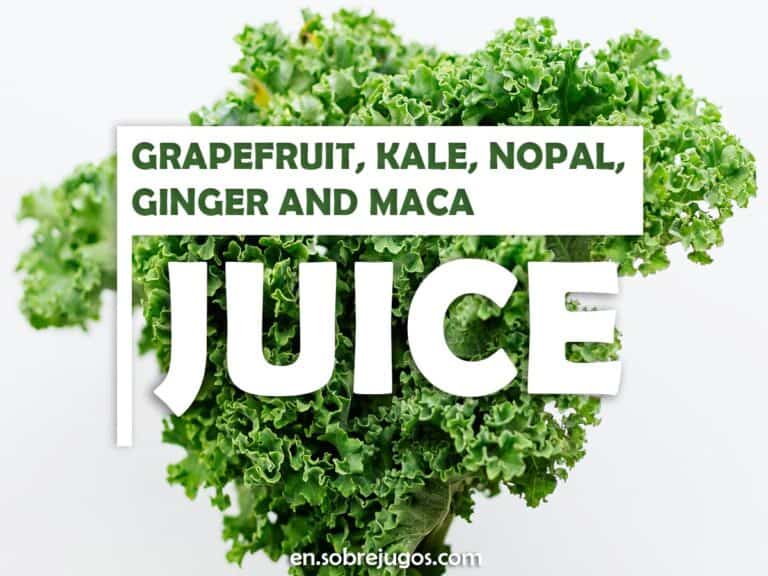
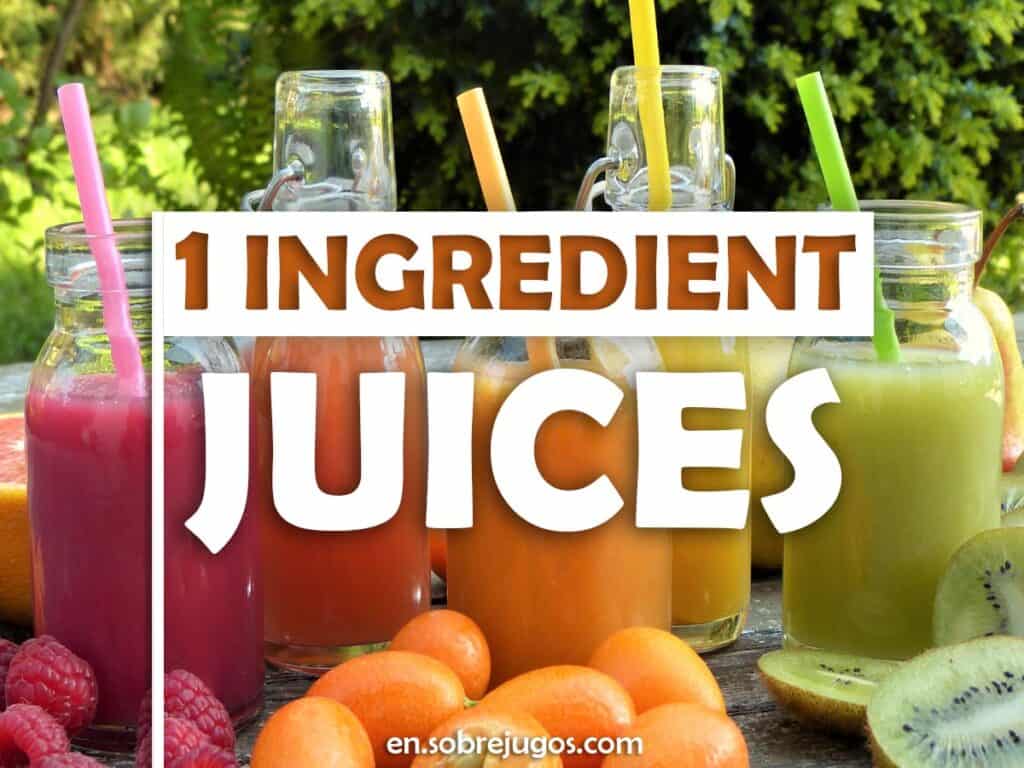
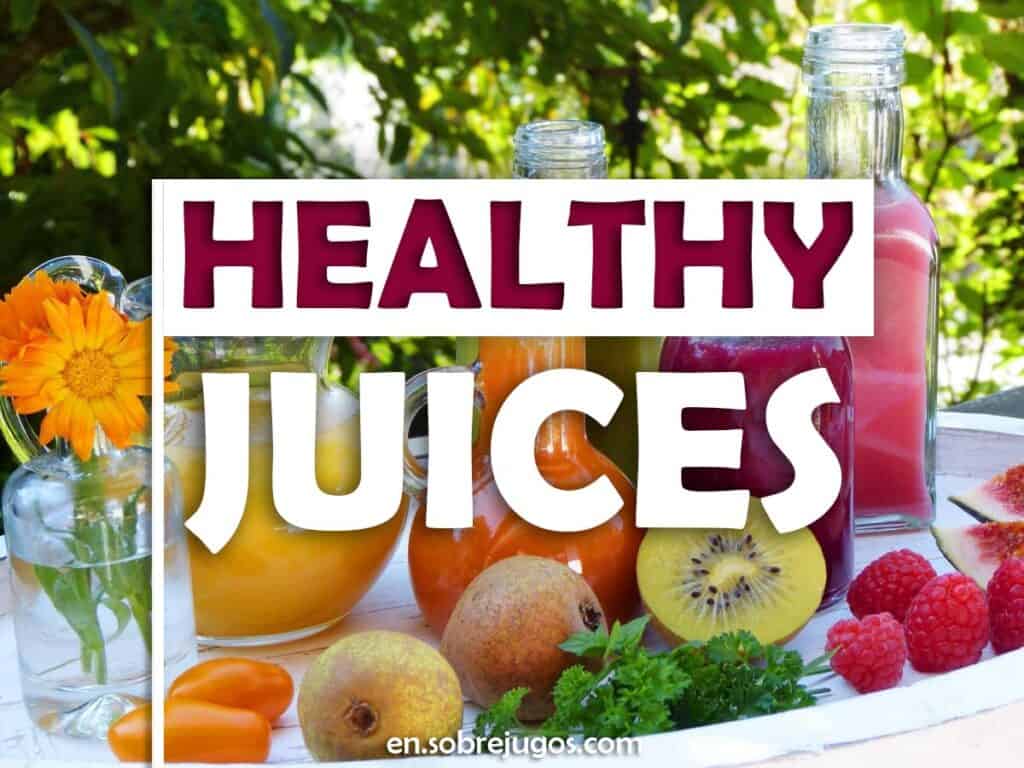
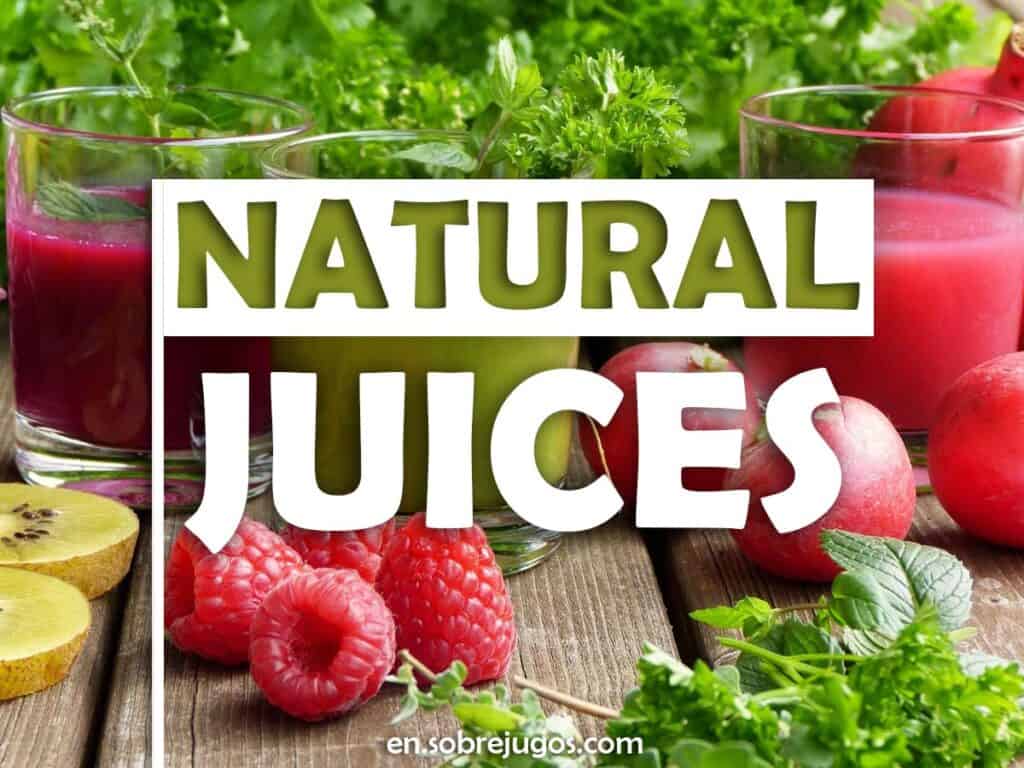
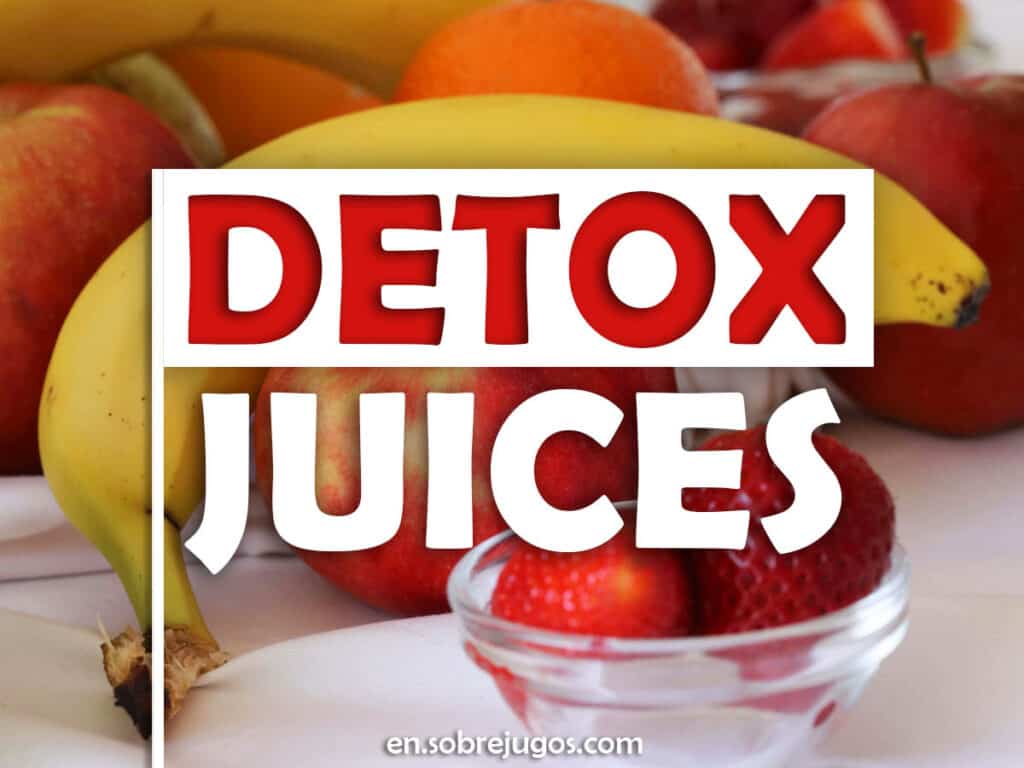
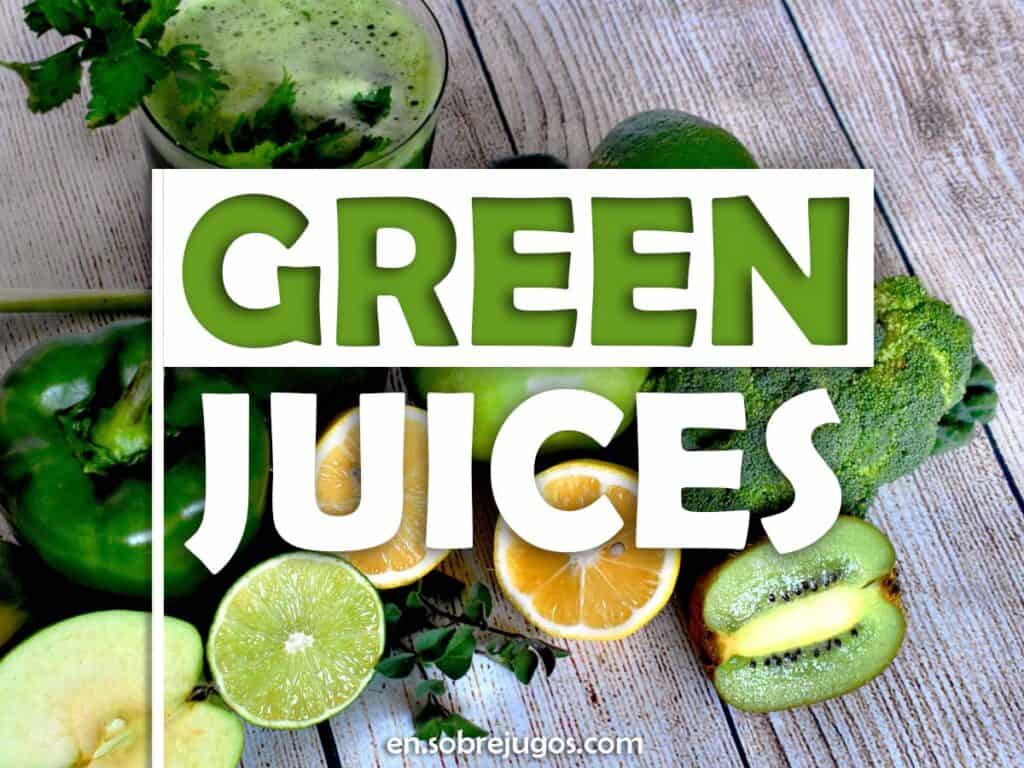
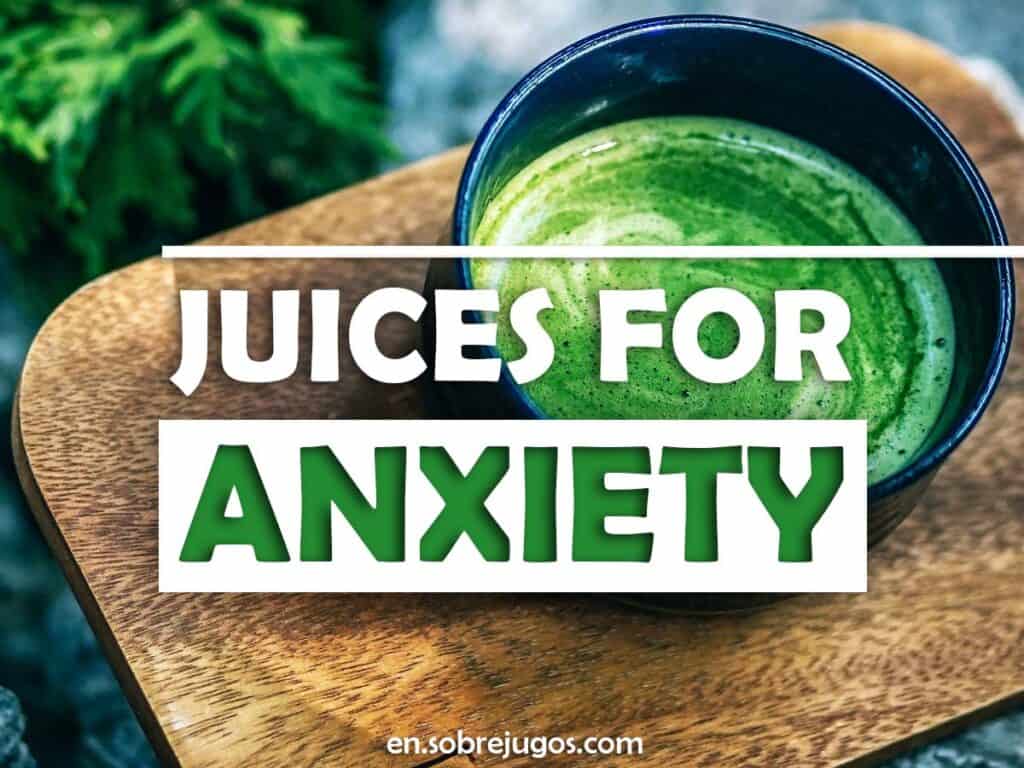
Want to know when we upload new content?
Enter your email address here to get notified.